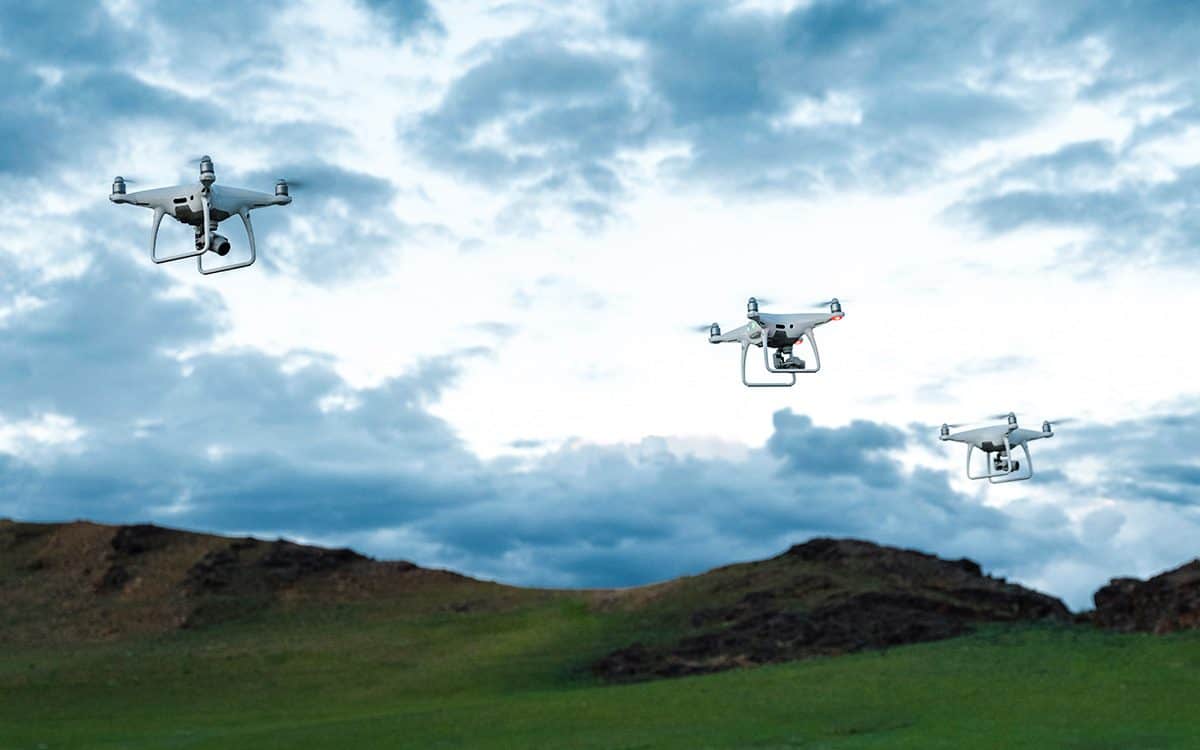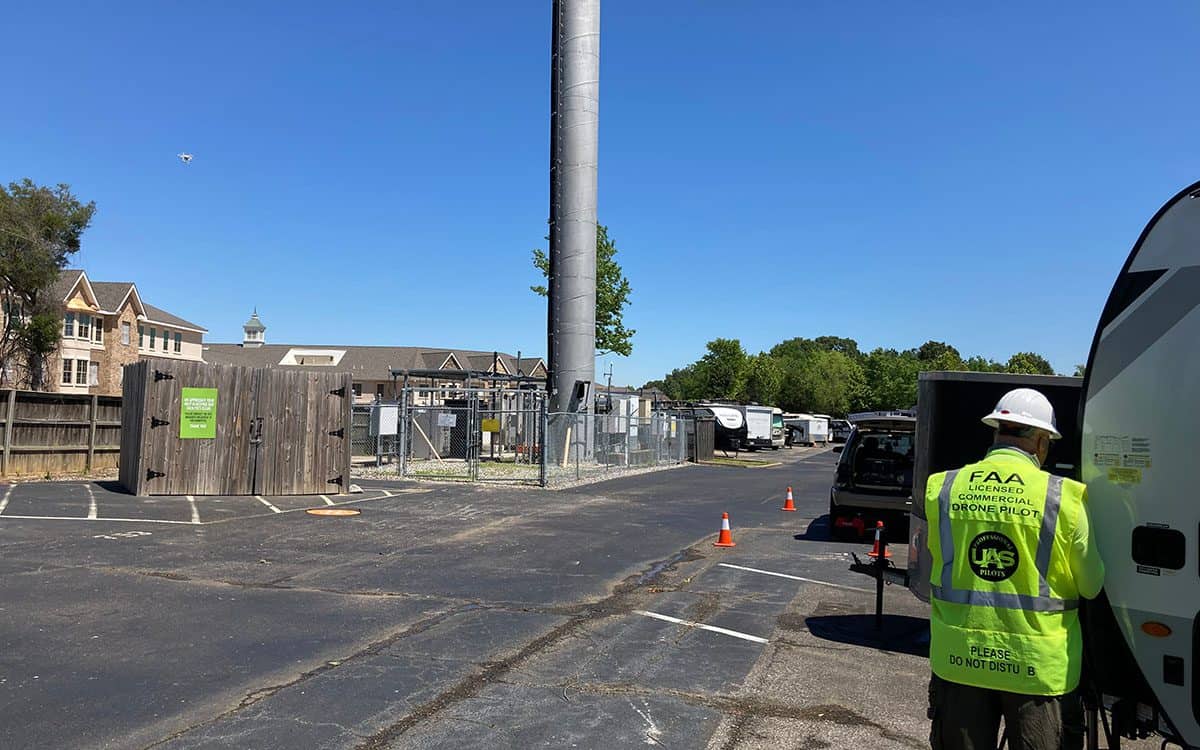Will Drones Take Over my Job?
How drones can actually offer more opportunities

The day has come. We have flying cars.
OK, ok, so maybe not flying cars, but all we have to do is push a button, and our cars can drive us to and from destinations without having to put a hand on the steering wheel.
But there are flying objects taking over the airspace.
I see them at the construction site I work at.
Drones.
I feel a rush of dread whenever I see one hovering above the area like it’s spying on us down here.
They are intriguing little robots. I imagine them having their own personality- a stoic puppet on a mission. I want to learn more about UAVs, and most importantly, I want to know if they are taking over my job.
The drone pilot is standing under a tent in the shade, sunglasses and hat pulled down. Curiosity kills me, so I walk over to ask him about his flying friend.
He tells me he used to be a construction worker and had been hurt on the job. It was then he decided to get into drones and learn to fly. Like me, he had seen them hovering at construction sites and began researching their purpose.
“If I had known about drones sooner, I could have avoided my injury,” he tells me. He continued:
“Drones reduce safety risks at dangerous sites, and what’s more, they can access areas of the construction site that are too hazardous for workers to get to. The drone can see things that would be impossible for the human eye to notice and can alert construction managers of potential problems that could cause delays.”
I had so many questions. How does the drone know what it’s looking for?
The drone pilot explained:
Software downloaded to the drone is programmed for a specific job. The construction manager tells me what he wants the drone to look for, so I input the information into the software, and the drone follows the path. The drone records the data needed to send a report or snaps photos that can then be used for mapping or inspections.
And there it is. My job is inspecting construction sites. I’m getting a little nervous when I ask.
Is that thing taking over my job?
The drone pilot assures me. This drone can indeed see things that the human eye can’t see. Thermal inspections, for instance. And it can reach hard-to-reach places. But to answer your question, no. Drones will not take over human jobs. And I’ll tell you why:
There will always be a need for actual workers on the site, but even walking from point A to point B can be hazardous. The drone can cover more areas to identify safety risks than a safety manager could monitor. The increased safety measures help workers avoid injury and maintain employment.

Drones give project managers an aerial view of the site and can help to assess potential problems. If resolved quickly, the project can continue moving along, keeping construction workers employed rather than shutting down construction for days, going over budget and causing layoffs.
One of the most significant advantages of drones is reporting in real-time to clients. While this may not specifically affect a construction worker, it indirectly does. The happier a client is, the more likely they are to hire the construction company that employs construction workers for future projects, thus providing steady job opportunities.
I still wonder about my role as an inspector. But he gave me more insight:
Drones have limitations as they are only robots. Sure, they can do inspections, but they can’t do them independently. They need an operator and a person to input the data and run reports.
The use of drones can actually create more jobs. Drones will need manufacturers and people who can perform maintenance. Drones are also highly regulated, so jobs that inform the drone industry about FAA requirements are possible.
Then he gave me invaluable advice.
He told me to learn all I could about drones, to get my 107 and learn to fly. I could position myself as the go-to drone guy for construction inspections with drone piloting skills. I could then branch out and fly drones for multiple projects and several construction companies and even offer my services in different industries that use UAVs.
Having the expertise of flying a drone could open many more opportunities, such as taking aerial footage for real estate or marketing agencies. The new skill could be used to fly over areas for engineers and architects needing 3D mapping or elevation measurements.
And one of the coolest parts about flying drones is the opportunity to travel and see the country.
As I imagined flying a little robot while standing on the coast, my feet in the sand, the drone pilot brought me back to earth, admitting:
It’s not a secret that as technology advances, jobs transform. While your job may not be taken away, it will likely shift at some point in the future, so why not steer the path now?
As the drone pilot packed up his UAV, I felt relief. I realized that just like cars aren’t taking over the streets (or skies), drones aren’t taking over our jobs. These robots will always need a human operator to navigate them in the right direction, set the path and bring them home. Drones aren’t taking my job but are instead encouraging me to learn a new skill I can add to my resume and create new opportunities for my future.
The world around us constantly evolves; we can choose to get on board or be left on the ground.